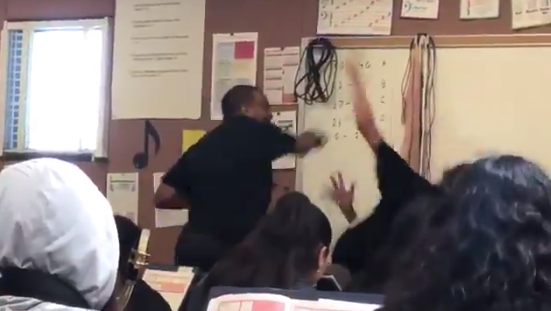Florida’s Sports Betting Fight Shows Why Liberty, Not Lawsuits, Should Decide
The latest lawsuit over sports betting in Florida is once again dragging gamblers, businesses, and taxpayers into a courtroom battle. Filed by Protect The Constitution, LLC, the complaint argues that the state’s 2021 compact with the Seminole Tribe violates Amendment 3 of the Florida Constitution by expanding gambling without a voter referendum.
The lawsuit highlights a familiar tug-of-war: government officials, powerful tribes, and industry lobbyists fighting over who gets to control betting rights. But the bigger question remains untouched—why should politicians or courts decide at all? In a free society, consenting adults should be able to place a wager without needing permission from Tallahassee or Washington.
The Compact and the Monopoly
Florida’s compact with the Seminole Tribe created a “hub-and-spoke” system where anyone in the state can bet online, so long as the servers sit on tribal land. In exchange, the Tribe received a monopoly over sports betting statewide.
Critics argue this is unconstitutional, since Amendment 3 required voters to approve new forms of casino gambling. Defenders counter that because the servers sit on tribal territory, the arrangement is legal. Either way, the compact reflects a deeper problem: government picking winners and losers in the marketplace.
Instead of open competition, Florida created a single privileged operator. Consumers have fewer choices, smaller businesses are locked out, and innovation is stifled.
A Cycle of Courtroom Battles
This lawsuit follows years of back-and-forth litigation. In 2021, pari-mutuel operators sued, claiming the compact violated federal law. A federal judge initially agreed, only for the D.C. Court of Appeals to reverse the ruling in 2023. The U.S. Supreme Court declined to intervene in 2024. Meanwhile, the Florida Supreme Court tossed a related challenge but left the door open for a case like the one now being filed.
While lawyers battle in courtrooms, ordinary Floridians are left in limbo. The Hard Rock Bet app is live, but its long-term legality is uncertain. Every legal twist risks shutting down betting, costing jobs and tax revenue, and frustrating customers.
The Libertarian Case: Legalize It, Open It, and Let the Market Decide
Libertarians argue that the endless cycle of compacts and lawsuits is the natural result of government control. By requiring approval from politicians or courts, Florida has turned betting into a political football. The Seminole Tribe has exclusive rights not because of superior service, but because of political bargaining. Competitors are sidelined, not by consumers, but by lawmakers.
The principle is simple: consenting adults should be free to wager their own money. Gambling is a voluntary exchange—no one is forced to participate. Prohibitions and monopolies only drive people to underground markets or offshore sites, where consumer protections are weaker and transparency is nonexistent.
If Florida legalized sports betting broadly, dozens of operators could compete, offering better odds, better apps, and better service. Consumers would benefit from choice, and the state would still collect revenue without granting any one group a monopoly.
What’s Really at Stake
The new lawsuit insists that voters, not politicians, must approve any expansion of gambling. But even that argument misses the heart of the matter. Should the majority really decide if the minority can place a bet? Liberty is not subject to referendum.
The U.S. Constitution protects free association, property rights, and voluntary contracts. When two adults agree to wager on a football game, they are not harming anyone. Criminalizing that exchange—or granting it only to politically connected operators—is a violation of those principles.
Florida’s betting battles are not about protecting citizens. They are about who gets the spoils: the Tribe, the pari-mutuels, or the state. Lost in the shuffle are ordinary bettors who just want to responsibly wager on a game without worrying whether their app will vanish tomorrow.
The Path Forward
The lawsuit may drag on for years, but the long-term solution is obvious: open the market. Legalize sports betting across Florida, allow any qualified operator to compete, and let adults decide where to put their money.
Ending monopolies and restrictions would eliminate the need for endless lawsuits. Instead of fighting in courtrooms, businesses would compete on price, service, and trust. Consumers would win. The state would win. And liberty would finally win.
Until then, the fight over sports betting in Florida will remain a costly reminder of what happens when government decides who can and cannot participate in voluntary exchange.



One Comment